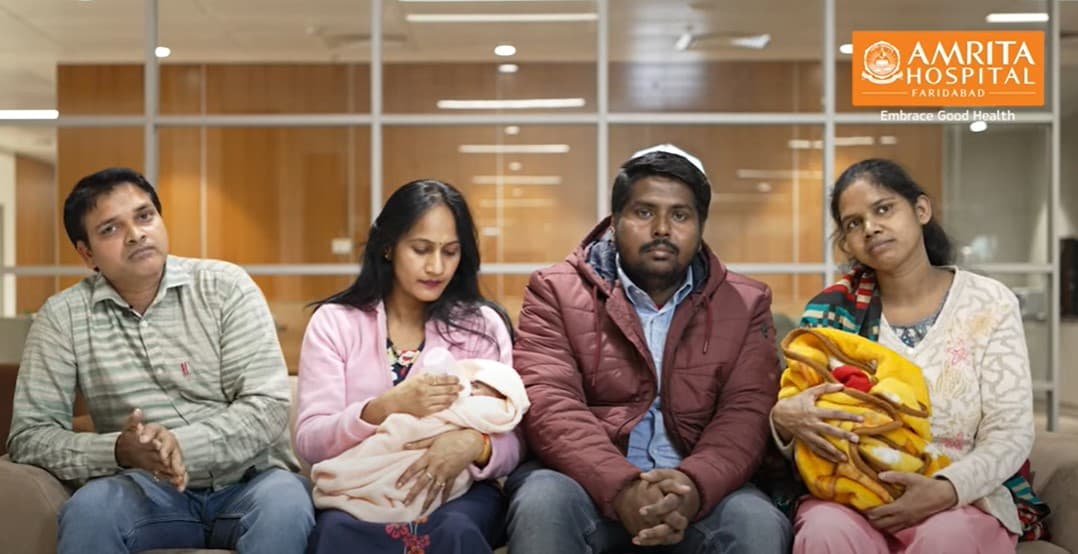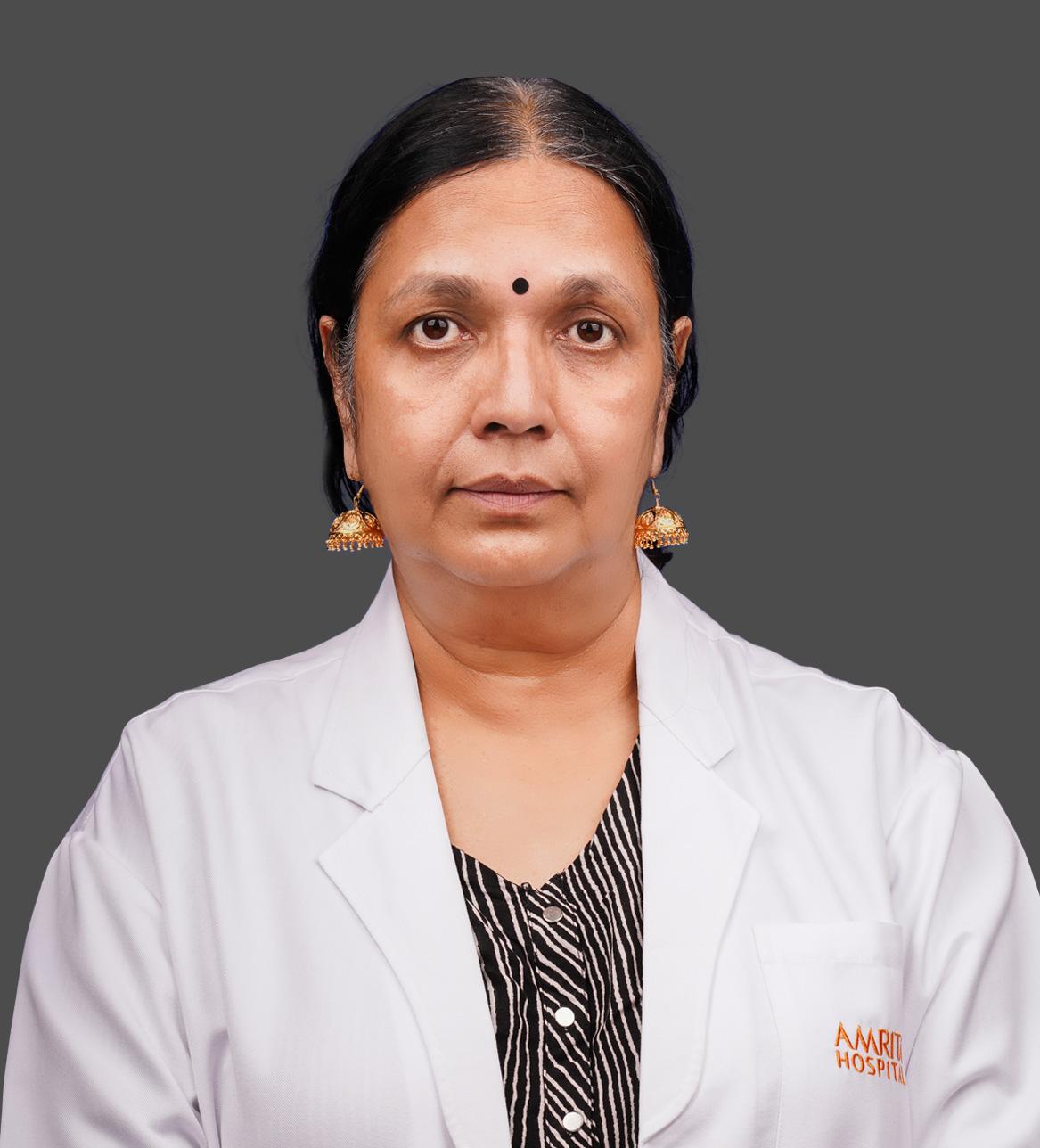Overview
The department of Nephrology provides comprehensive health care for patient with different types of kidney diseases. Highly qualified and experienced physicians look after patients with various types of kidney diseases. The physicians are ably supported by a committed team of nurses, physician assistants, medical social workers, renal nutritionists and transplant coordinators.
Services Offered
- Routine Nephrology Services in Daily Outpatient Clinics
- Peritoneal Dialysis
- Home hemodialysis
- CRRT - Plasmapheresis / Haemoperfusion
Disorders Treated
- Urinary tract Infections
- Nephrotic Syndrome
- Asymptomatic urinary abnormalities
- Chronic kidney disease
- Patient with hyperuricemia
- Patient on hemodialysis
- Patient on peritoneal dialysis
- Polycystic kidney disease (PKD)
- Lupus nephritis and other auto-immune diseases
- Kidney cancer
- Alport syndrome and other hereditary kidney diseases
- Amyloidosis, and other oncology conditions
- Goodpasture syndrome
- Granulomatous polyangiitis
- Microscopic polyangiitis
- Medical management of kidney stone disease
- The Kidney transplant recipient
Facilities
Dialysis Centre
The facility is equipped with state-of-the-art 40 dialysis unit, patients are continuously monitored by modern electronic devices to provide smooth and comfortable treatment with a greatly reduced risk of complications. The dialysis therapists work closely with the nephrologists, the trained staff nurses, and medical social workers to provide comprehensive care. There are also facilities for plasmapheresis and hemoperfusion, which is a procedure to remove unwanted proteins and toxins from the blood respectively. Plasmapheresis is often required of patients who have auto-immune diseases and hemoperfusion for poisonings. In patients who are undergoing ABO-incompatible transplantation the unit has the ability to offer adsorption therapy to remove anti-blood group antibodies.
Reverse Osmosis Unit
One of the most advanced state -of the art reverse osmosis unit has been established in Amrita Hospitals. No efforts have been spared to maintain the quality of the water that will be used for hemodialysis. This is one of the very few online RO units in the country where there is continuous water flow in the plant , thus preventing stagnation and consequent impurities.
Transplant OT
There is dedicated transplant operation theatre which is well equipped with medical gas points, medical gas alarms, optical fire detectors, equipment mounting, video connectivity, temperature and humidity monitoring, sterile and unsterile zones, bacteriostatic PVC flooring and 24- hour reverse osmosis ( RO )water supply. The OT has specified air handling units required for maintaining strict air quality required for this procedure.
Transplant ICU
A transplant-ICU is an intensive care unit devoted to the care of patients with immediate life-threatening conditions post-transplant. The department is equipped with dedicated 8 beds for transplant patients. Each of the ICU bed has dedicated RO water supply to undertake the dialysis procedure if required.
Equipment
Dialysis machines
Amrita hospitals is equipped with state- of- the- art hemodialysis machines which will be able to offer maintenance out-patient hemodialysis and longer duration dialysis (Continuous Renal Replacement therapy or CRRT) for inpatients and the ICUs. The hospital can offer all the procedures required for patients with kidney diseases (acute and chronic) , poisonings, severe sepsis and other auto-immune diseases.
Portable Dialysis
The portable dialysis machine helps the doctor to administer dialysis in the inpatient areas of the hospital where dialysis is required. Amrita hospitals is equipped with a dedicated RO treatment plant for the ICUs and dialysis facility is there in all beds of the ICUs. The portable dialysis facility will be provided in locations where the RO supply is not present giving the treating nephrologists the flexibility to provide quicker and faster treatment throughout the hospital ICUS.
Why choose us?
We provide high-quality, evidence-based care (care that is proven) leads to more lives saved and less time in the hospital.
FAQs
Patients who develop kidney disease often have the following symptoms.
1.Swelling of legs
2.Facial puffiness
3. Reduced urine output, excessive urination especially in the nights
4.Frothy/ Foamy urine, blood in the urine
4.Weakness, fatigue
5.Lack of appetite, nausea, vomiting
6.Breathing difficulty
7. Drowsiness
And when the doctor examines the patient, the patient often has swelling of face and legs, is anemic and have high blood pressure.
It is important to know that not all symptoms are present together in patients with kidney disease. Much more important is the fact that almost half of the patients with kidney disease have no problems with urination. So, most doctors advise regular check- up of the kidney functions.



